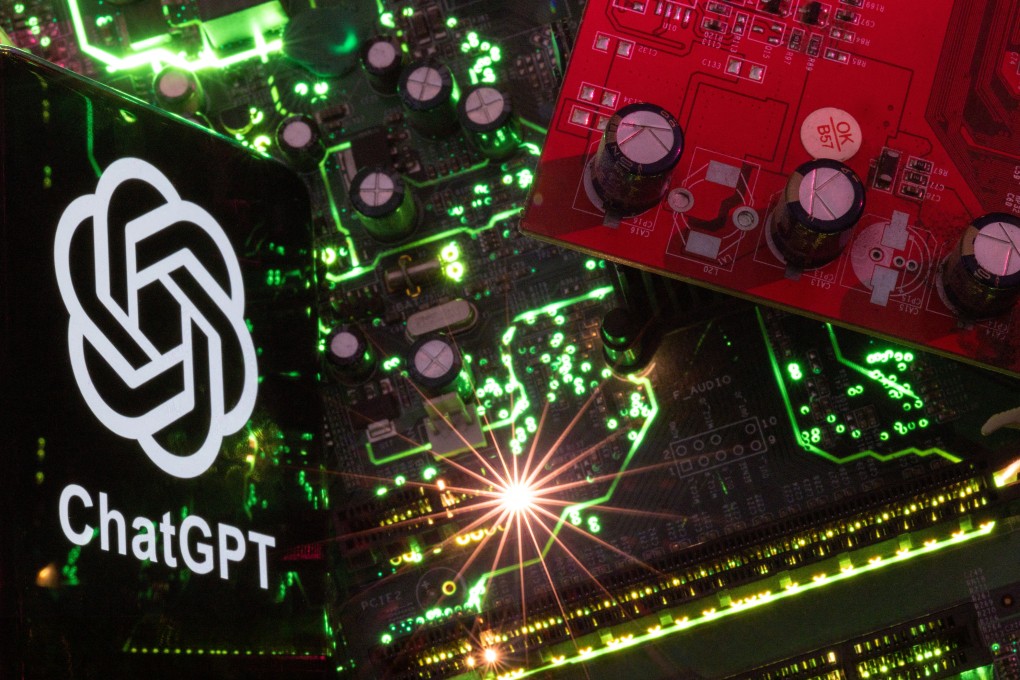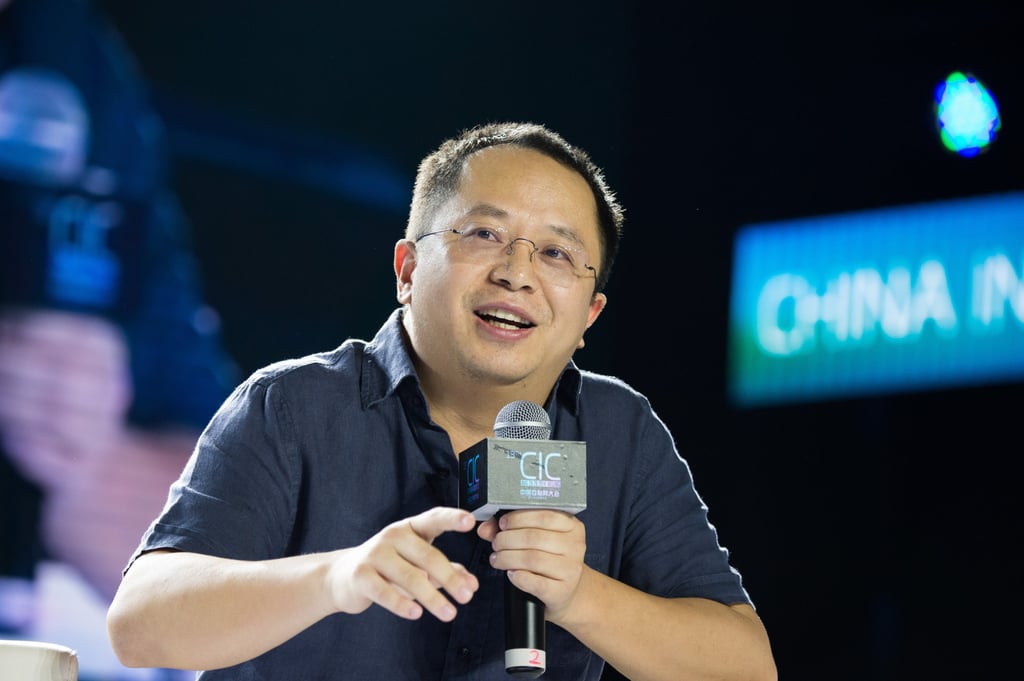China’s ‘two sessions’ 2023: Big Tech delegates call for ChatGPT rival development and age limits for artificial intelligence
- Two delegates of the CPPCC say China needs more Big Tech collaboration in artificial intelligence and limits to protect minors from ‘inappropriate information’
- A third delegate suggests China take advantage of its state-led economy to catch up in AI, but said the process could take as long as 20 years

Technology industry executives attending the “two sessions” as delegates to China’s biggest annual political gathering plan to discuss the need to nurture a domestic answer to OpenAI, the start-up behind ChatGPT, while limiting minors’ access to such artificial intelligence, according to comments made ahead of the meetings that start on Saturday.
Zhou Hongyi, the founder and chairman of 360 Security Technology who is a delegate of the Chinese People’s Political Consultative Conference (CPPCC), submitted a proposal on “developing artificial intelligence large models”, the algorithms used to train ChatGPT-like generative products, “with the joint force of corporations and research institutes”.
Creating a powerhouse duo like OpenAI and its backer Microsoft requires letting large tech firms cooperate with key research institutions, Zhou wrote.

Zhou Yuan, another CPPCC delegate who is the founder and CEO of question-and-answer platform Zhihu, addressed concerns about the possible negative impact of ChatGPT’s content on minors – a consistent theme in China’s tech sector that has resulted in restrictive policies on apps and games.
“In the use of [ChatGPT]-related technology, we should establish an appropriate age limit and content censoring and filtering mechanisms to ensure that minors aren’t exposed to inappropriate content and information,” Zhou said during an interview with the state-run China Youth Daily.
Both executives are delegates of the country’s top advisory body that holds meetings simultaneously with the National People’s Congress each year, hence the “two sessions” moniker.